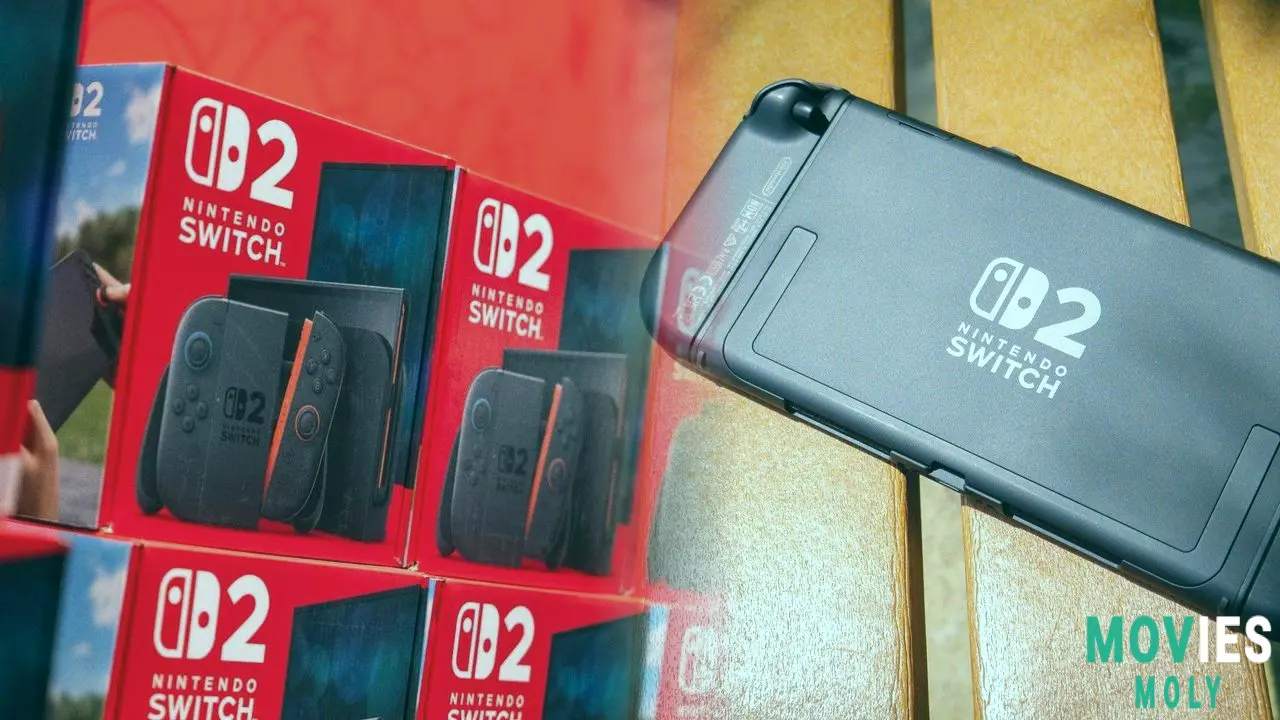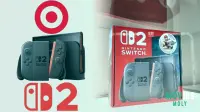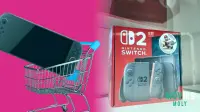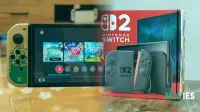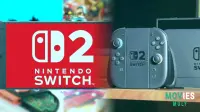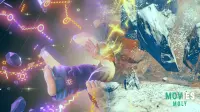I was very looking forward to the release of the Nintendo Switch 2. It felt like a dream come true that I could play all of my old Switch 1 games on the new one. It meant I could keep all of my games. But a recent event has put a damper on this exhilaration by showing us a policy that is quite worrying and could harm any of us. Nintendo's anti-piracy mechanisms are accidentally punishing honest players who buy used games. This means that a normal transaction could lead to a console ban.
It's not simply a few bad people; it's a system that assumes innocent customers are guilty until proven innocent. It's really annoying to think that buying a game from a friend or a second-hand retailer could stop your brand-new console from being able to connect to the internet. I wonder what the future holds for owning physical games. Will the ease of digital games soon outweigh the risks of having a physical collection?
Learning about Nintendo's anti-piracy system and how to get unique game IDsHow unique cartridge IDs can get you banned
We need to speak about how Nintendo safeguards its games so we can understand why this is happening. A digital signature or identifier is stored on each Nintendo Switch game cartridge. This isn't just a random number; it's a key that Nintendo's servers keep an eye on. When you put a real game into your Switch 2 and connect to the internet, the system checks this unique key with Nintendo's servers.
The problem starts when a "bad actor," or someone who used to own or have access to a cartridge, "dumps" the game's data. This dumping method makes a digital clone of the game that is exactly the same, including its unique identity. Nintendo's system can tell whether two copies of the same unique key are being used at the same time if someone plays this pirated copy online at the same time as the original, legally purchased cartridge. If piracy is going on, this automatically bans all systems involved.
What MIG Switch Devices Do
Things like the MIG Switch flashcard make this much harder. These third-party devices let users put more than one copy of a game on a single cartridge, usually by using dumped ROMs. Some people say they use these to back up games they own, but the truth is that if you replicate a game's unique ID and use it online, you could get banned. Nintendo has made it quite clear how it feels about flashcards and other unauthorized peripherals, and this current generation of hardware looks to be doing a better job of enforcing that.
The Reddit User's Experience: A Case Study in Getting Banned by Mistake
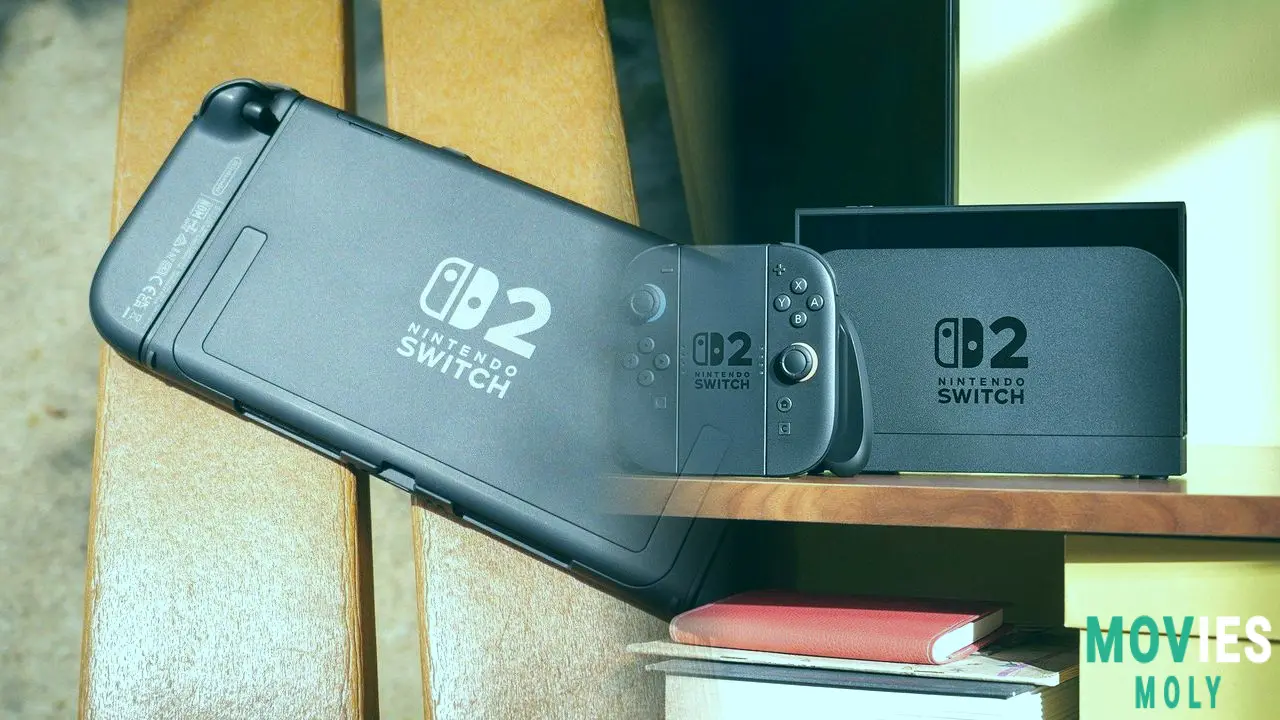
This isn't simply a theory. A Reddit member named dmanthey recently told about a scary thing that happened to them. They bought four used Switch 1 titles on Facebook Marketplace, put them in their new Switch 2, and downloaded the upgrades they needed. The next day, they got an error code (0x1F727C — 2124-4025) that stopped them from using Nintendo's online services, like the eShop and online multiplayer.
I can only imagine how shocked and angry you must have been when you woke up to that message. It's a huge blow, especially for a new platform. Even though the user had made a legal purchase, they were regarded like a pirate. One person on NintendoLife said, "Getting banned for buying a used game is like putting a theater owner in jail for letting someone record a movie in their theater."
Fortunately, there is a good part to dmanthey's story. They called Nintendo support and sent them pictures of the cartridges and evidence of purchase from Facebook Marketplace, along with chat logs with the vendor. This got them unbanned. The person said the treatment was "painless and fluid," which is a good thing. But the fact that this happened at all and that the innocent buyer has to prove their innocence is really worrying.
Your Rights as a Consumer: Dealing with Nintendo's Strict Rules
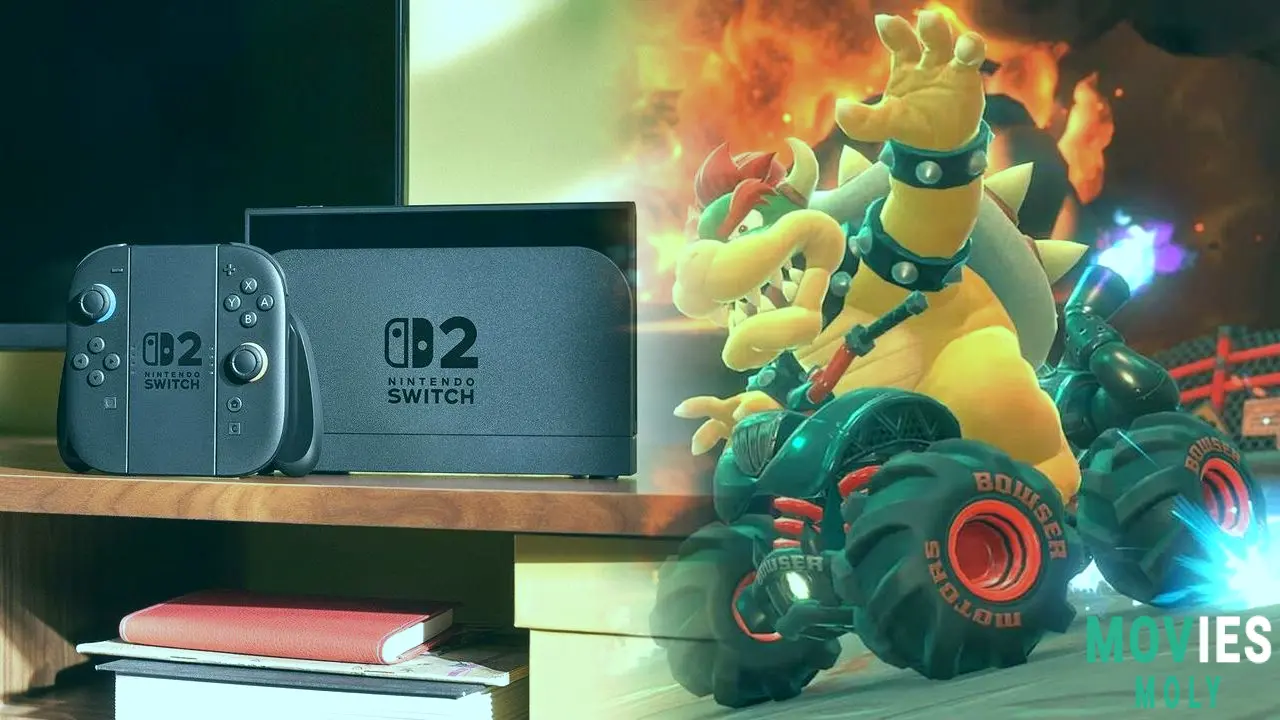
Legal Precedents in Different Areas
Nintendo's new user agreement, which lets them turn off a device if they find unlicensed software, is being challenged in court. Procon-SP, a group that protects consumer rights in Brazil, has filed a lawsuit saying that this regulation goes against consumer rights. They say that Brazilian consumer protection laws say that you can't terminate a membership or service without a good reason. This makes me wonder how these kinds of bans are seen in places like the US, EU, and UK, where regulations regarding protecting consumers can be different.
To me, this policy seems like a "guilty until proven innocent" way of doing things. A good SEO analyst said, "Nintendo's 'guilty until proven innocent' policy for used Switch 2 games is a big problem for people who really want to buy them." Keep those receipts!
Effects on Retailers and Resale Value
This makes the genuine used game market less appealing. People might stay away from the used market completely if they think their console might be banned for buying a used game. This affects big stores like GameStop, as well as smaller stores and internet marketplaces. Some people could say that Nintendo doesn't have much reason to make the procedure safer for customers because they don't generate money from secondhand game sales.
One member of the gaming community said, "This accidental ban issue on Switch 2 for used games could have a big effect on the second-hand market." Is owning something in real life too risky?
Important Advice for Buying Used Nintendo Switch Games Safely
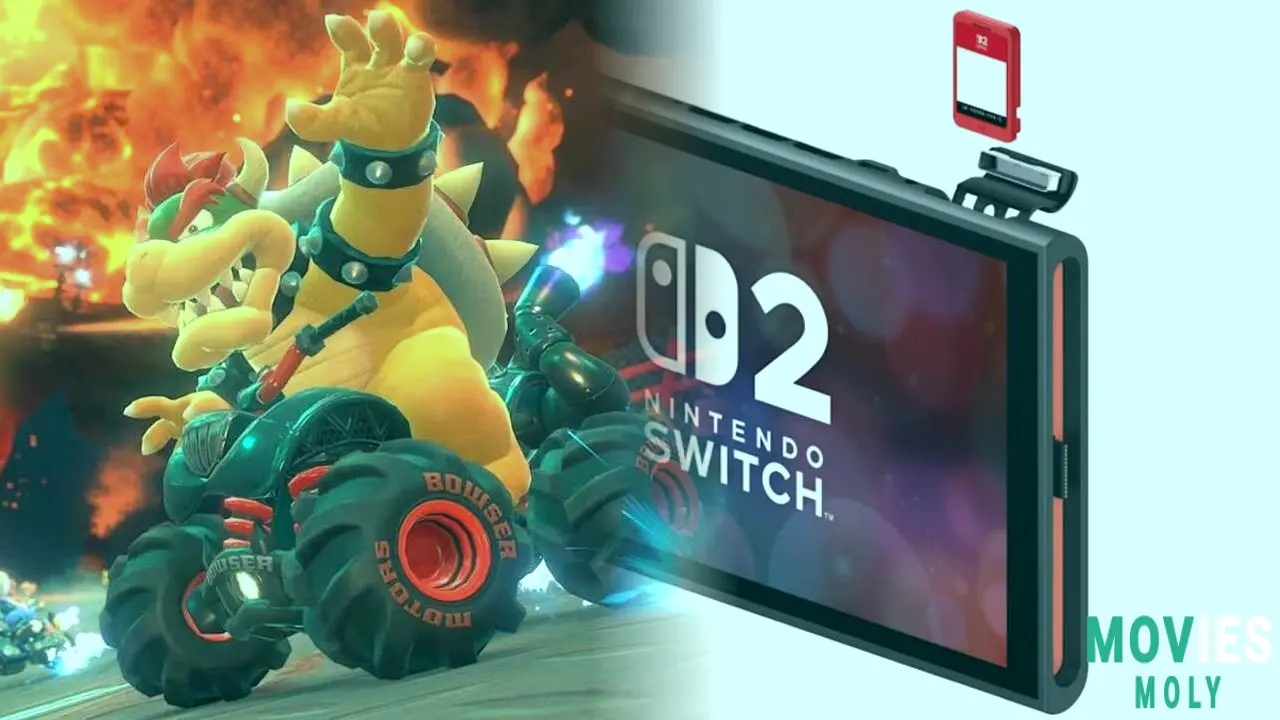
How can you keep yourself safe given these risks? Nintendo was quick to help dmanthey, but it doesn't mean they will help everyone, especially if you can't show proof of purchase.
Here are some things to keep in mind while buying old Nintendo Switch games:
What if you really can't show evidence of purchase? It could have been a gift, you could have bought it with cash from a seller you don't know, or you could have just lost the receipt. In some situations, you don't have many choices, and Nintendo may have to decide what to do. This is why it's so crucial to stop things from happening.
A Step-by-Step Guide on What to Do If Your Switch 2 Is Banned
If you get error code 2124-4025 (or 2124-4508) on your Switch 2, here's what to do:
A Tech Reviewer said, "Good job by Nintendo support for unbanning the user, but it's scary that this ban happened in the first place for a real used game." "Prevention is key!"
What will happen to the market for used games on Nintendo consoles?
How Nintendo's Approach Compares to Other Platforms
People know that Nintendo is quite severe about piracy. Other big gaming platforms deal with similar problems, although they do it in various ways. Digital stores like Steam are very important for PC gaming since they link digital keys to accounts. If a pirated key is found, the account may be banned, but this almost never affects the whole PC. Sony and Microsoft also have severe rules against stolen digital material and modified consoles, but Nintendo's policy of directly banning a console for a secondhand game, with the burden of proof on the innocent buyer, seems especially harsh.
A Gaming Industry Observer said, "The unique ID system that stops people from using Switch 2 games on used games shows how risky physical media can be in the digital age."
Thoughts about what might happen in the future
This event makes me wonder about the future of physical games on Nintendo systems. Will Nintendo someday exclusively release games digitally to avoid these problems altogether? The fact that some Switch 2 games will come with "Game-Key Cards," which are physical cards that only have a license and need to be downloaded, points to a hybrid future. Nintendo has said that these Game-Key Cards won't be linked to a player's account and can be sold again. However, because the first download needs an internet connection, online checks are still in place.
I think Nintendo needs to find a better middle ground. It seems sense that they are trying to stop piracy. But penalizing honest customers who haven't done anything wrong is just not right. It makes players needlessly worried and might badly hurt the trust between Nintendo and its committed fans. The business has to preserve its intellectual property without hurting its paying customers. I really hope Nintendo takes these worries into account and makes the rules clearer and the detection mechanisms better so that everyone can still enjoy buying secondhand games safely.

